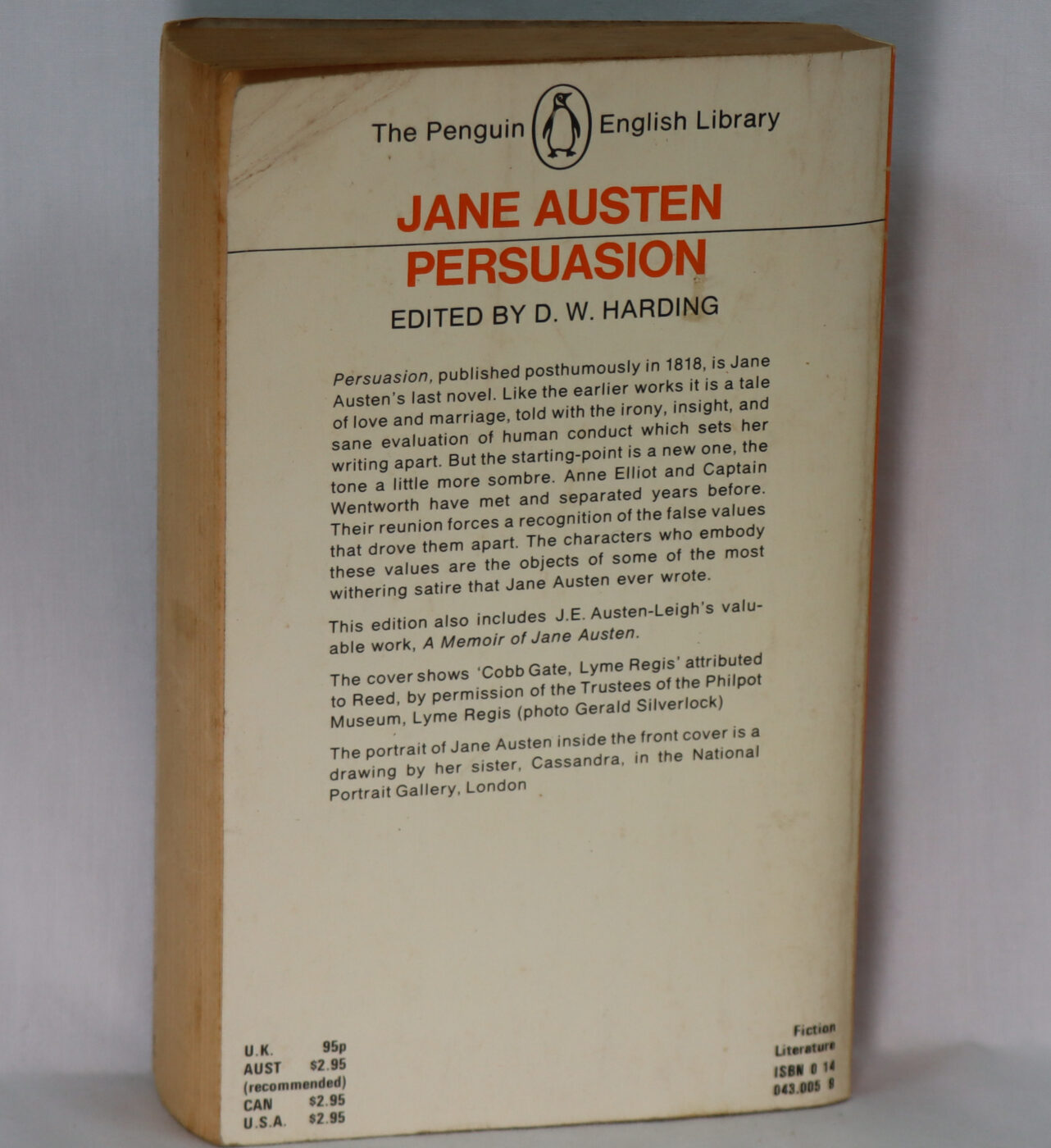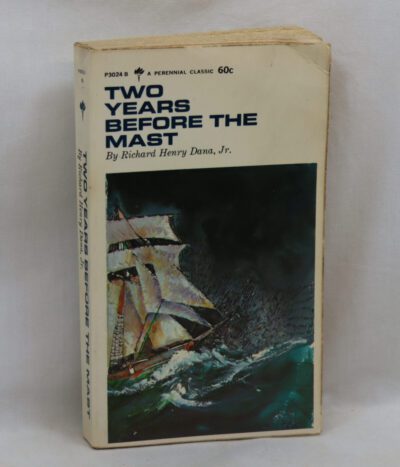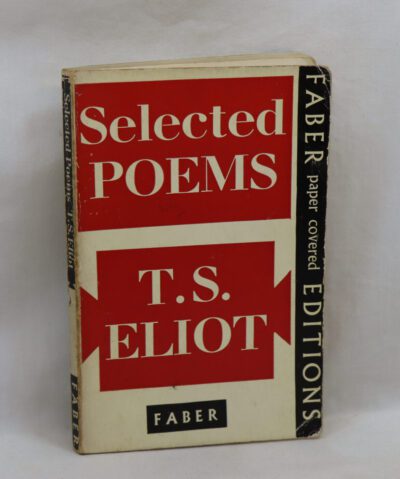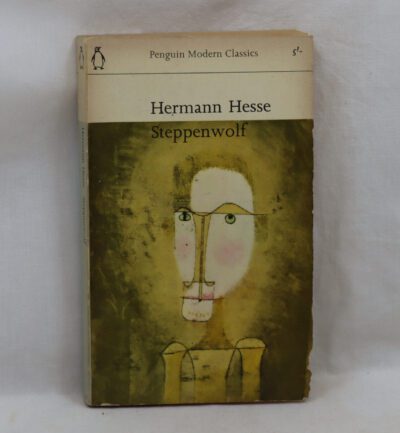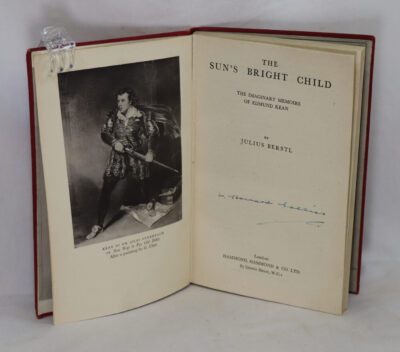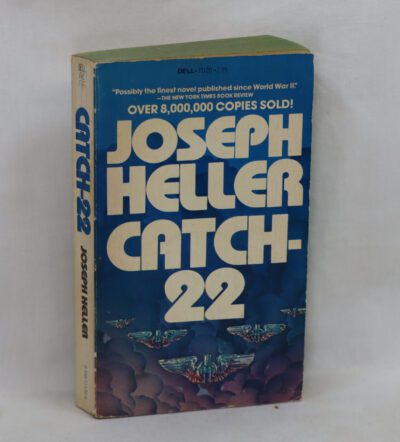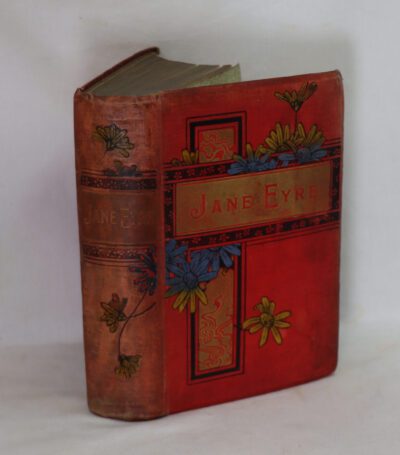Persuasion.
By Jane Austen
ISBN: 9781904633280
Printed: 1981
Publisher: Penquin Books.
| Dimensions | 11 × 18 × 2 cm |
|---|---|
| Language |
Language: English
Size (cminches): 11 x 18 x 2
Condition: Fair (See explanation of ratings)
Your items
Item information
Description
Paperback. Black title and harbour image on the cream cover.
We provide an in-depth photographic presentation of this item to stimulate your feeling and touch. More traditional book descriptions are immediately available
-
This used book has a £3 discount when collected from our shop
Please view our photographs to see the quality of this book.
Jane Austen’s final novel, her most mature and wickedly satirical, is the story of Anne Elliott, a woman who gets a second chance at love. To achieve happiness she must learn to trust her own feelings and resist the social pressures of family and friends.Illustrated by Hugh Thomson, with an Afterword by Henry Hitchings.
Review: I am not a Jane Austen fan (but may be persuaded to become one after this book). Beyond her Pride and Prejudice, I have never read another novel by Jane Austen until now. I was curious about Persuasion because it was featured in the film called the Lake House. In it, it was described as “a really depressing story” with two people loving each other at different times. Because I would like to discover how Persuasion was similar to the Lake House, so I bought the book. Once I started reading it, I could not put it down, and I realise that the impression of the book given in the Lake House couldn’t be more wrong – so much so that I wonder if the script writer of the film had ever read the book!
The charm of this book perhaps is difficult to rationalise – it is predictable, life portrayed is glossy and far removed from our everyday life with a lifestyle closer to today’s billionaires perhaps, characters are polarised, and really it is about ripples in a tea cup. In terms of storyline, it shares a lot of similarities with Pride and Prejudice. For example, both Mr Darcy and Captain Wentworth had their offers rejected once, and were tormented by it thereafter (for longer in Captain Wentworth’s case). Both Elisabeth and Anne had silly parents and siblings who could not understand or see their silliness, and often betrayed propriety. Both families had no heir and the financial future of the girls was uncertain, with their respective cousins set to inherit their family estate. There was a villain, who was charming and deceptive to the whole community but was really after money with no conscience and no heart. And truths were discovered and revealed by a series of coincidences, eavesdropping and grapevines.
When I started on the book, I thought, “Here we go again.” But soon, I was drawn into it. Although I was anticipating the encounters of Captain Wentworth and Anne, the expectation did not dampen the excitement and curiosity of how each time would turn out for them. When they started to reason with the thoughts and feelings, one could not help but fall in love with the characters gradually. Captain Wentworth in particular was a man in pain. He was truthful to his emotions, and did not hide (from Anne’s perception) that he was struggling to understand them, deal with them, and move on from them. As such, he was a real person and really endearing. When Captain Wentworth came to his reckoning but was not in a position to act on it, it must have been an agony for him. This conflict transpired only at the very end but it was all very convincing. Part of the suspense of the book was about why Captain Wentworth did or did not do certain things – what was he thinking and how was he feeling? Anne had her guesses all the way through, as the story was really told from Anne’s perspective, but we are never sure. In fact, at times, even Anne was confused. How the story is told therefore sets up Captain Wentworth as an enigma. This special effect to some extent compensates for Jane Austen’s approach to men in her books, that is, men were always as perceived by ladies. Also Anne’s sharp perception of Captain Wentworth’s thinking filled some of the gaps that this approach may leave. The only time when Captain Wentworth was allowed to speak for himself was right at the end. His side of the story came out when Anne and he had their heart-to-heart after “the” letter. At that point, you smile and sigh a relief of joy, so refreshing is to have the male’s point of view!
The character of Anne, on the other hand, was slightly insipid, I thought. She was not like Elisabeth Bennett who was witty, sharp, and archly. Her virtues of good nature, kindness, tenderness and level-headedness took much longer to convince. Perhaps it is because there were not many situations which showed off her qualities. Her narratives however showed her sharp perception of situation, and her understanding of Captain Wentworth in particular. It is puzzling how she was slighted by her family and other relatives, but it is something we take it as given.
Finally the success of the book must be in Jane Austen’s skills as a writer. I was amazed how detailed her description was – a glance, a look, a gesture, the body language, all are laid out open for the eyes of a keen observer – there are a lot of subtleties in the book. Her prose is mesmerising and makes characters and drama come to life by igniting our imagination. I think the scene where Captain Wentworth was eavesdropping the conversation between Anne and Captain Harville which prompted him to write the letter to Anne bursting with his feelings is particularly tender, dramatic and well-structured. The context made the letter mean so much more, as he was really the third person in that conversation without the knowledge of the two people who were conversing at the time. While outwardly, everything was under control and restraint, inwardly he could not hold on any longer. The contrast between the heartfelt and explosive contents of the letter and the outward silence and distance between Anne and Captain Wentworth made a cinematic contrast, which is memorable. When all the analysis is done, and justification for our opinion laid down, what remains totally undeniable is our reading experience, the fact that it is a page-turner with your heart pounding even though you know what is going to come.
Jane Austen was born in 1775 in rural Hampshire, the daughter of an affluent village rector who encouraged her in her artistic pursuits. In novels such as Pride and Prejudice, Mansfield Park and Emma she developed her subtle analysis of contemporary life through depictions of the middle-classes in small towns. Her sharp wit and incisive portraits of ordinary people have given her novels enduring popularity. She died in 1817.
Henry Hitchings was born in 1974. He has written mainly about language and history, starting with Dr Johnson’s Dictionary. The Secret Life of Words won the John Llewellyn Rhys Prize and a Somerset Maugham Award, as well as seeing him shortlisted for the title of Sunday Times Young Writer of the Year. The Language Wars completed what was in effect a trilogy of books about language. He is a prolific critic and has made several programmes for radio and television on subjects including Erasmus Darwin, the eighteenth-century English novel and the history of manners. He is a Fellow of the Royal Society of Literature.
Want to know more about this item?
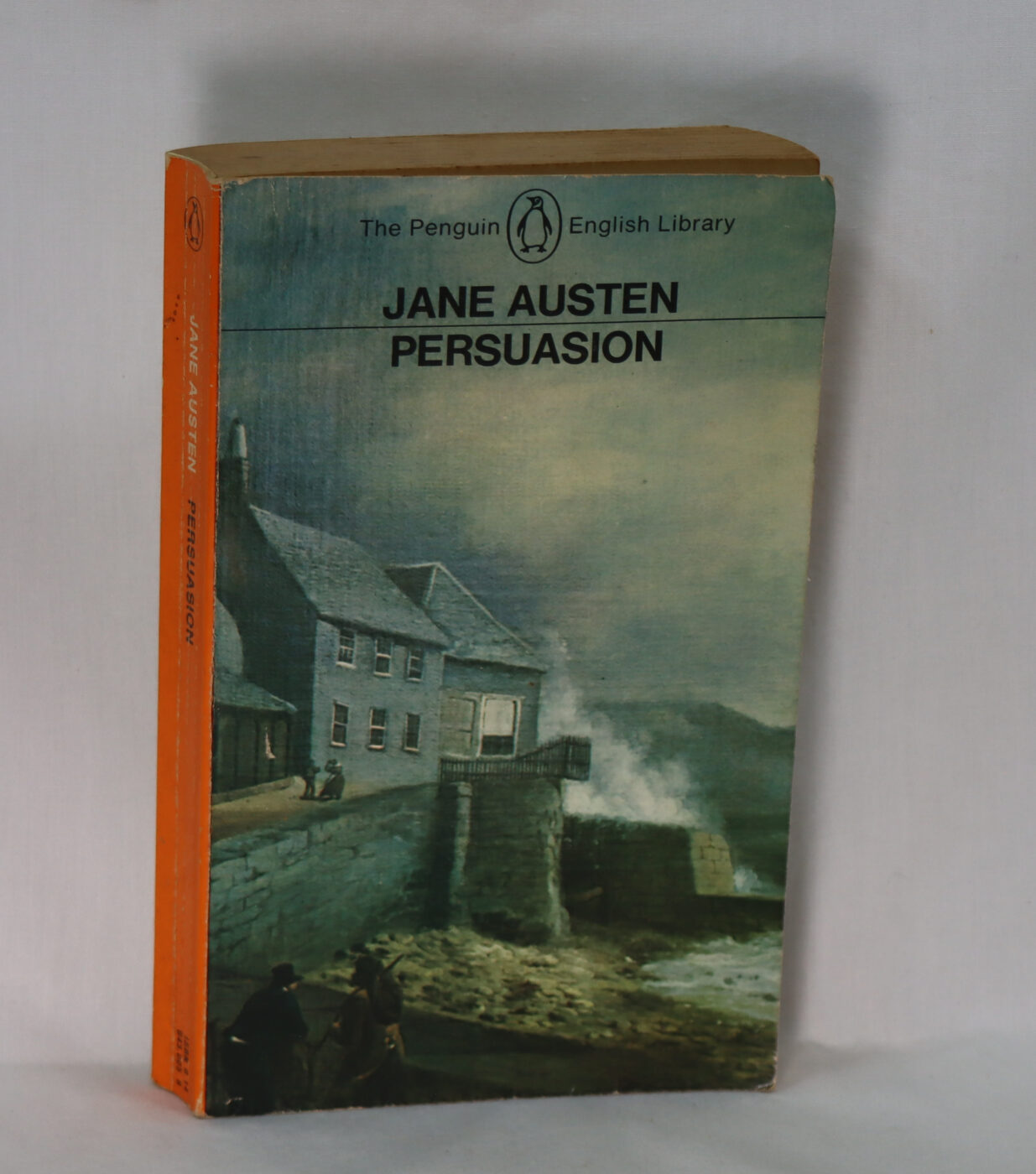
Related products
Share this Page with a friend

